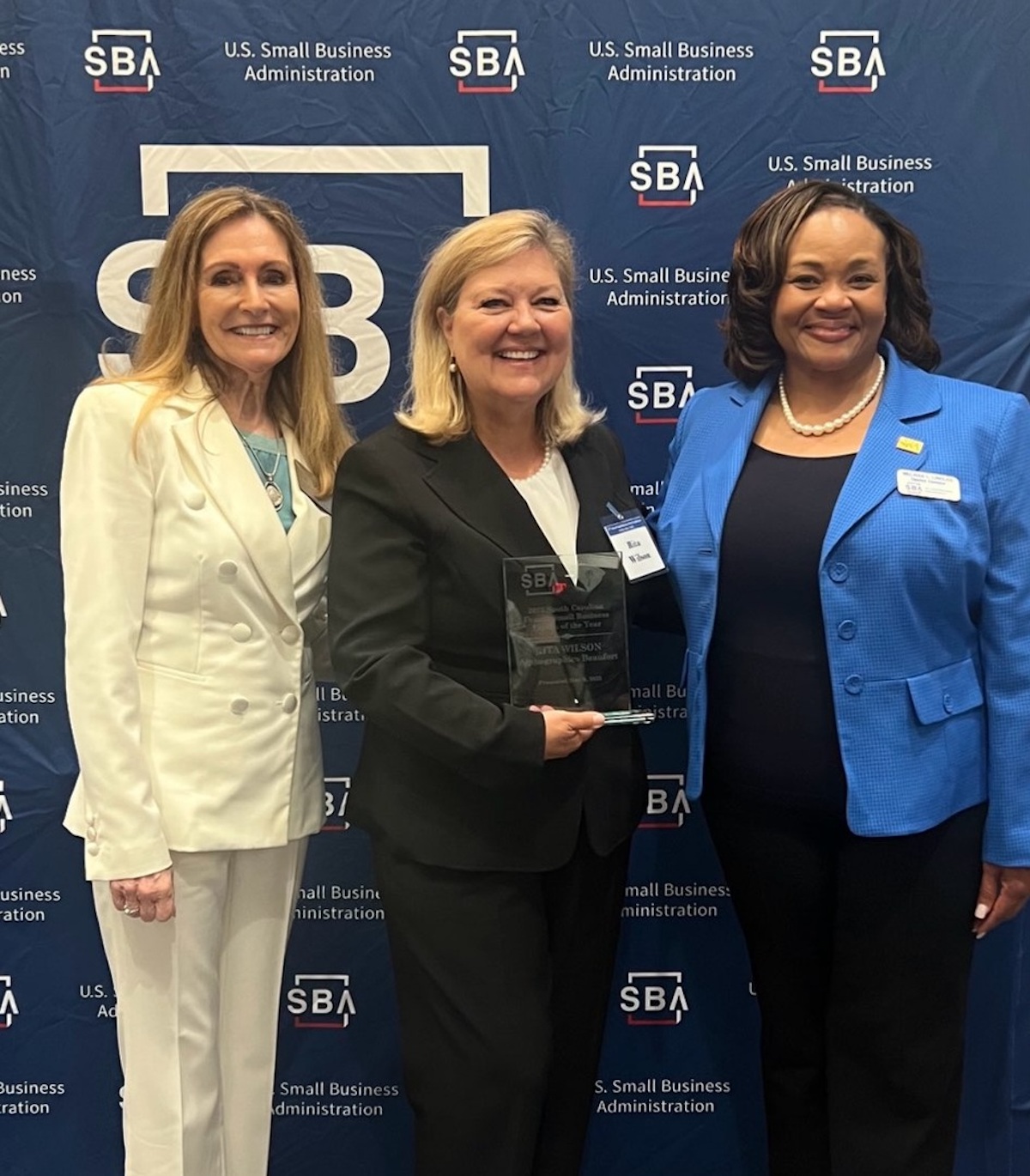Presented by Fred Gaskin
Priorities shift as you age. No big surprise there. As a Schwab Financial Consultant, I’ve seen an uptick in clients, particularly Baby Boomers, striving to be good stewards of their assets. Many support causes they believe in and are eager to learn how to incorporate charitable giving goals into their broader, long-term financial plans.
We find that helping clients develop a thoughtful charitable giving strategy can lead to more impactful giving, as well as smart tax savings.
One of the most common ways my clients choose to make the most of their giving is through a donor-advised fund, which is a private fund administered by a third party on behalf of donors, for the purpose of managing charitable donations. You can open this type of account with a tax-deductible contribution and then request grants to public charities over time. The contributions are irrevocable, but you pick the charities that will benefit, as long as they are 501(c)(3) organizations. You can contribute a variety of tax-deductible assets, including appreciated securities, real estate and cash, and the fund sponsor handles the administrative details.
For clients who are interested in making meaningful contributions while also adding another source of retirement income, charitable remainder trusts may be an appropriate choice. A charitable remainder trust is an irrevocable trust that you set up and make a contribution to in cash, investments or property. The trust provides you and other income beneficiaries you may select with distributions from the trust annually for life or a period of time up to 20 years. After that period, the remainder of the trust passes to the named charity. There are various types of charitable trusts, and the rules governing them can be complex, so they can be expensive to set up and will require an attorney to draft the trust document.
There are a number of additional vehicles to carry out your giving goals as well. But remember, if you make charitable donations with a more holistic plan in place, you will likely have a better impact on the organizations you donate to and your overall financial picture.
And as you consider where to make your donations, check an organization’s tax status. Nearly all 501(c)(3) organizations are eligible to receive tax-deductible contributions, but it’s always best to ask the charity you plan to donate to about its tax status or you can check the IRS’ online databased for qualified organizations.
As I’ve pointed out in prior columns, the hardest part for most clients in these situations is just getting started. Investing a little bit of time organizing your charitable giving process can make a great impact over time. Additionally, you’ll realize that by thoughtfully considering your charitable giving process, you’ll have more confidence and importantly, a better understanding of what you need to do to manage your future.
Fred Gaskin is the branch leader at the Charles Schwab Independent Branch in Bluffton. He has over 35 years of experience helping clients achieve their financial goals. Some content provided here has been compiled from previously published articles authored by various parties at Schwab. For more information visit www. schwab.com/bluffton or call (843) 473-3620.
A donor’s ability to claim itemized deductions is subject to a variety of limitations depending on the donor’s specific tax situation. Information presented is for general informational purposes only and is not intended as personalized investment, tax or legal advice as individual situations vary. Where specific advice is necessary or appropriate, Charles Schwab recommends consultation with a qualified tax professional, CPA, or financial planner.







